US Finalizes Restrictions on AI Investments in China
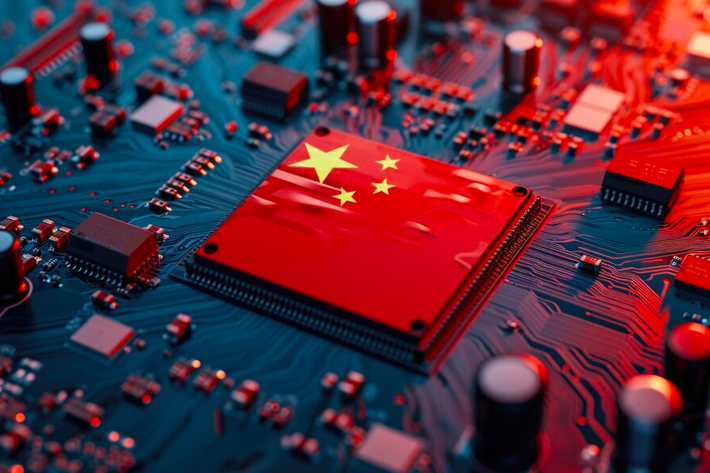
January 30, 2025
In a significant escalation of its ongoing efforts to counter China’s technological and military advancements, the United States has finalized new regulations aimed at curbing investments in Chinese artificial intelligence (AI) companies and imposing broader restrictions on other critical technology and defense sectors. This move, which comes amidst growing geopolitical tensions between the two nations, is expected to reshape the landscape of global investment and further strain U.S.-China relations.
Background of the New RegulationsThe new regulations, officially finalized by the U.S. Department of the Treasury, are part of the U.S. government’s broader strategy to protect national security and prevent the transfer of critical technologies that could potentially be used for military or surveillance purposes. The restrictions primarily target Chinese companies working in advanced AI technologies, such as facial recognition, machine learning, and autonomous systems, which are seen as being crucial to China’s long-term economic and military ambitions.
These new rules build upon previous measures aimed at limiting China’s access to advanced U.S. technologies. The Biden administration has already imposed restrictions on key Chinese tech firms, including Huawei and ZTE, but the new regulations go further by targeting investments from U.S. firms into Chinese AI startups and other tech companies with military ties. The goal is to prevent the flow of capital that could bolster China’s technological and military prowess.
Key Aspects of the New RestrictionsAI Investment Ban The most significant element of the new regulations is the direct restriction on U.S. investment in Chinese AI firms. The U.S. government has identified a number of Chinese companies involved in AI research and development, which it believes could be used for military and surveillance purposes. As a result, American investors, including private equity firms, venture capitalists, and institutional investors, are now prohibited from funding these companies. The move is designed to prevent Chinese firms from obtaining the capital needed to advance technologies that could pose a threat to U.S. national security.
Expanded Technology and Defense Restrictions In addition to AI companies, the new rules also impose broader restrictions on investments in Chinese firms involved in other advanced technologies, including quantum computing, 5G telecommunications, and cybersecurity. These technologies are seen as critical to both economic and military competition, and the U.S. is seeking to maintain its technological edge over China. By limiting investments in these sectors, the U.S. aims to slow China’s progress in areas that are vital to its long-term strategic goals.
Scrutiny of U.S.-China Business Transactions The new regulations also increase scrutiny of business transactions between U.S. and Chinese firms, particularly those that involve the transfer of sensitive technologies. Any potential deals involving the exchange of intellectual property or research data in fields like AI, cybersecurity, and defense technologies will now face more rigorous vetting by U.S. regulators. Companies engaging in such transactions will be required to undergo extensive reviews to ensure that their dealings do not inadvertently contribute to China’s military or technological capabilities.
Expansion of Export Control Laws The U.S. government has also expanded its export control laws, which now include a broader range of technologies deemed critical to national security. Chinese companies seeking to acquire U.S.-developed technologies in sectors like AI, robotics, and advanced manufacturing will face more stringent controls, making it harder for them to access cutting-edge innovations. These export controls are expected to slow China’s efforts to catch up with the U.S. in key technological areas.
The new regulations are expected to have significant implications for U.S. investors and businesses, particularly those with interests in China’s rapidly growing tech sector. Many U.S. firms have been heavily invested in Chinese companies, particularly in the technology space, and these new restrictions will force them to reassess their portfolios and investment strategies.
Institutional investors, such as pension funds, mutual funds, and private equity firms, will need to divest from Chinese AI companies and other restricted firms. These investments have been a major source of growth for U.S. investors, but the new regulations will likely result in significant losses for those heavily invested in the Chinese tech market. In the short term, these restrictions could lead to volatility in global financial markets, particularly in the tech sector.
For U.S. companies that rely on Chinese consumers or suppliers, the new regulations could also disrupt business operations. Many U.S. tech giants, such as Apple, Microsoft, and Intel, have significant business interests in China. As the U.S. government takes a more aggressive stance on restricting technology exports and investments, these companies may need to navigate complex regulatory hurdles to continue their operations in China. In some cases, U.S. companies may even be forced to scale back their Chinese operations or find alternative markets to make up for lost revenue.
Impact on China’s Tech IndustryFor China, the new regulations represent a major setback in its efforts to become a global leader in advanced technologies. Chinese AI companies, which have benefited from significant foreign investment in recent years, will now struggle to secure the capital they need to continue their research and development efforts. Without access to U.S. investment, these companies will have to seek alternative funding sources, which may be harder to come by, especially in the face of rising global skepticism over Chinese technological advancements.
The restrictions on Chinese firms involved in critical technologies such as 5G and quantum computing could also slow China’s progress in these fields. While China has made significant strides in developing its own technological infrastructure, the U.S. is still considered a leader in many of these areas. The ban on U.S. investment in Chinese tech companies could exacerbate the technological gap between the two nations and hamper China’s ability to catch up.
In response to the new regulations, China has already condemned the U.S. government’s actions, accusing it of unfairly targeting Chinese companies in an attempt to suppress their growth. Chinese officials have warned that these measures could hurt U.S. businesses in the long run, particularly those with significant operations in China. Some Chinese companies may choose to shift their focus to markets outside the U.S., potentially reducing the influence of American firms in the global tech ecosystem.
Geopolitical and Diplomatic ConsequencesThe U.S. investment ban and the expansion of technology restrictions are likely to escalate tensions in the already strained U.S.-China relationship. These moves represent a sharp escalation of the U.S. government's strategy to contain China’s rise as a technological and economic superpower.
The new regulations are expected to provoke strong diplomatic reactions from China, which is likely to retaliate with its own set of restrictions or penalties on U.S. companies operating in China. The Chinese government may also intensify its efforts to promote domestic innovation and reduce its reliance on foreign technologies, particularly from the U.S.
Additionally, the U.S. risks alienating some of its allies in the global tech sector. Many countries, including those in Europe and Asia, have deep economic ties with China and may find themselves caught in the middle of this growing conflict. While many countries share concerns about China’s growing influence, they may not fully align with the U.S. on the issue of investment restrictions, particularly as they seek to balance their economic interests with their political alliances.
Looking Forward: Potential for Further Expansion of RestrictionsAs the new investment rules take effect, there is potential for further expansion of these restrictions. The U.S. government has made it clear that it will continue to monitor China’s technological advancements closely and is prepared to take additional steps if necessary. Future regulations could extend beyond AI to include other emerging technologies, such as biotechnology, robotics, and clean energy, which are increasingly seen as critical to both national security and economic growth.
It remains to be seen whether these measures will have the desired effect of slowing China’s technological progress or if they will lead to further escalation of the trade and technology wars between the two countries. In the coming months and years, the U.S.-China relationship will likely continue to be defined by competition and confrontation over the future of technology and global economic dominance

Chinese AI App Raises National Security Questions in US
A new powerful AI app developed in China is causing concerns in Washington due to its potential impact on national security, data privacy, and economic competition. US officials are closely monitoring its development
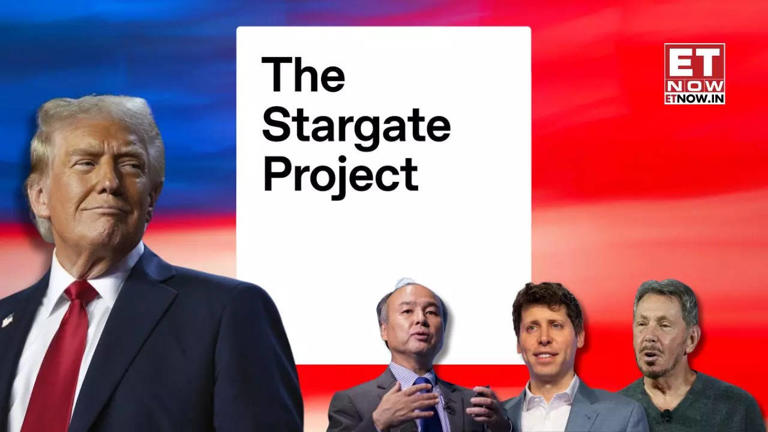
Trump's Energy Promise Key to Stargate Project's Future
Former President Trump's energy pledge is seen as crucial to the success of the Stargate Project, with significant implications for the future of space exploration and energy independence
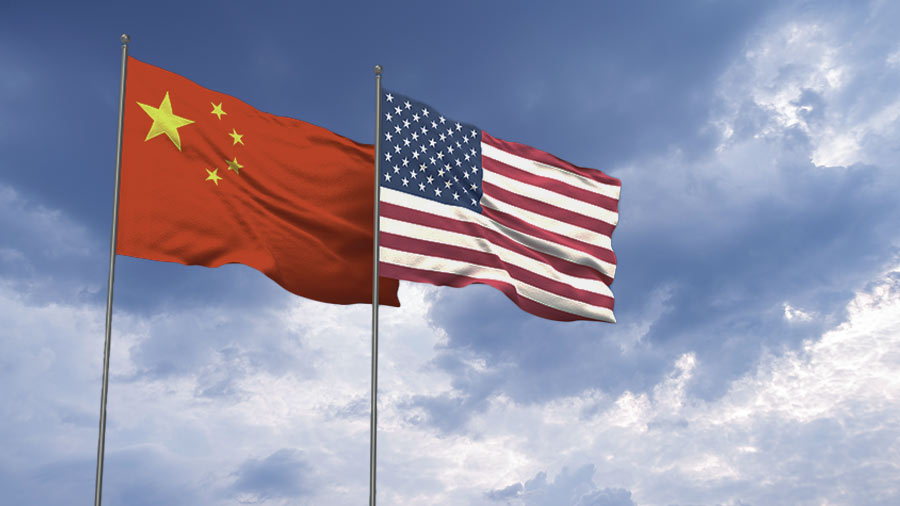
Understanding the Impact of the US Investment Ban on China
The US investment ban on China is now in effect, marking a significant shift in economic relations between the two nations. Here's what it means for investors and businesses

US Finalizes Restrictions on AI Investments in China
The US has finalized new regulations to restrict AI investments in China and impose further restrictions on technology and defense sectors, escalating tensions between the two nations

Stargate AI Plan: Tech Giants Unveil $500bn Investment
Major tech giants have unveiled the Stargate AI project, a groundbreaking initiative that could be worth up to $500 billion. The ambitious plan aims to reshape the future of AI
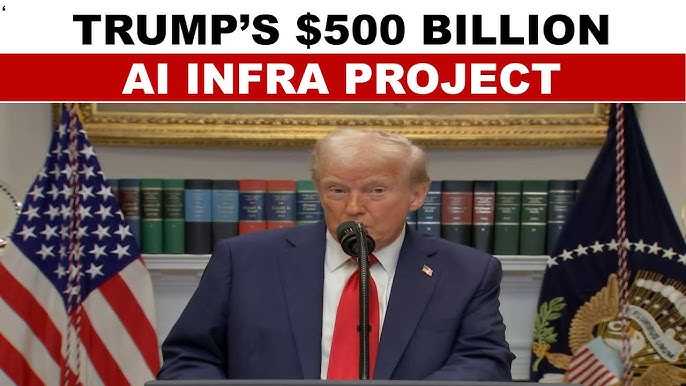
Trump Unveils $500bn Investment in Stargate AI Initiative
Donald Trump has pledged up to $500 billion in funding for the Stargate AI project, a groundbreaking initiative aimed at revolutionizing AI and energy technologies for future space missions
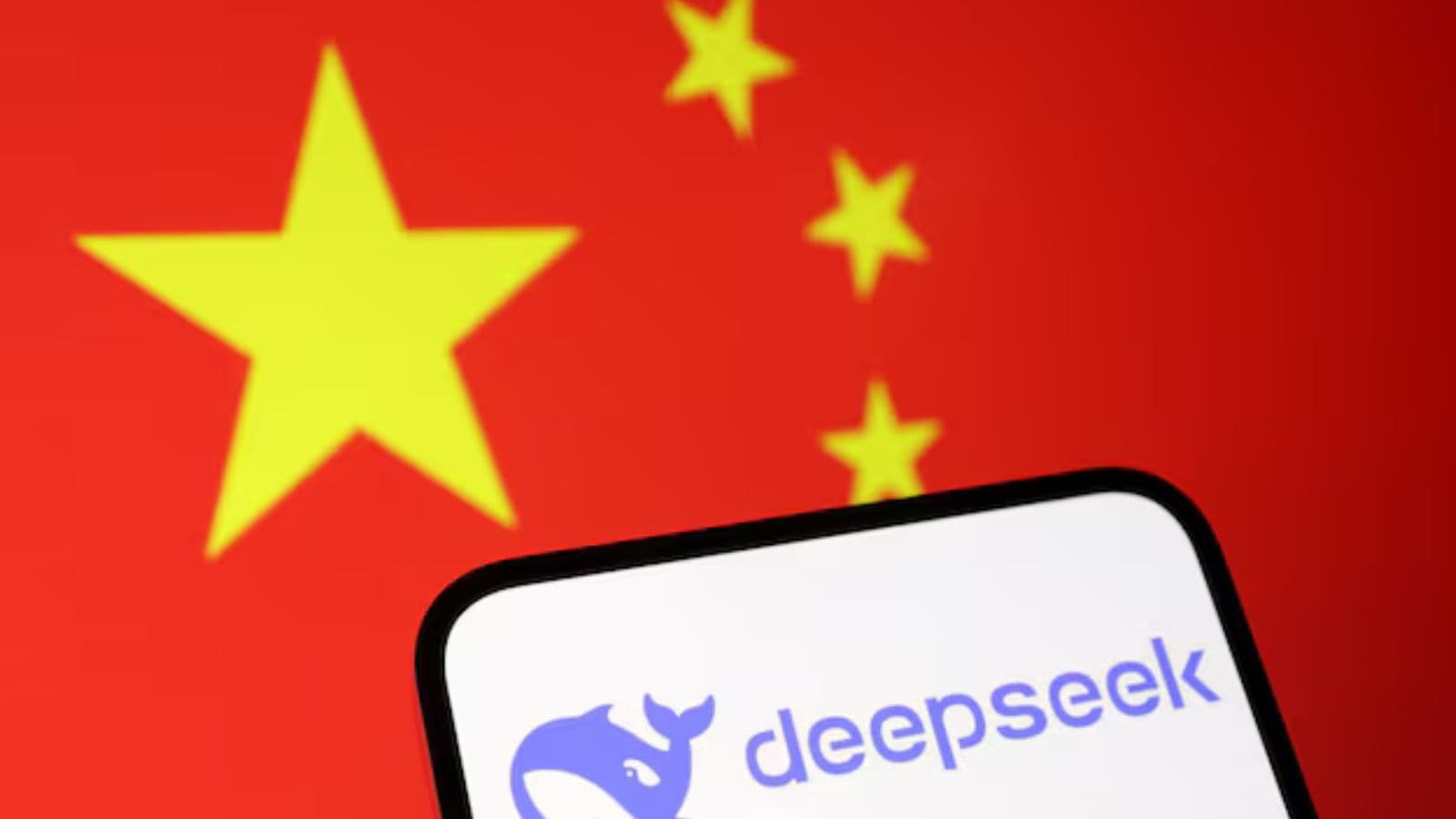
DeepSeek AI Challenges U.S. Tech Dominance, Trump Responds
DeepSeek, a Chinese AI model, has disrupted the U.S. tech landscape, raising national security concerns and challenging Trump’s vision for America’s technological leadership

DeepSeek's Rise: A Game Changer in the U.S.-China Tech Race
DeepSeek’s emergence as a powerful Chinese AI model raises the stakes in the U.S.-China tech rivalry, signaling new challenges for U.S. dominance in AI innovation and national security
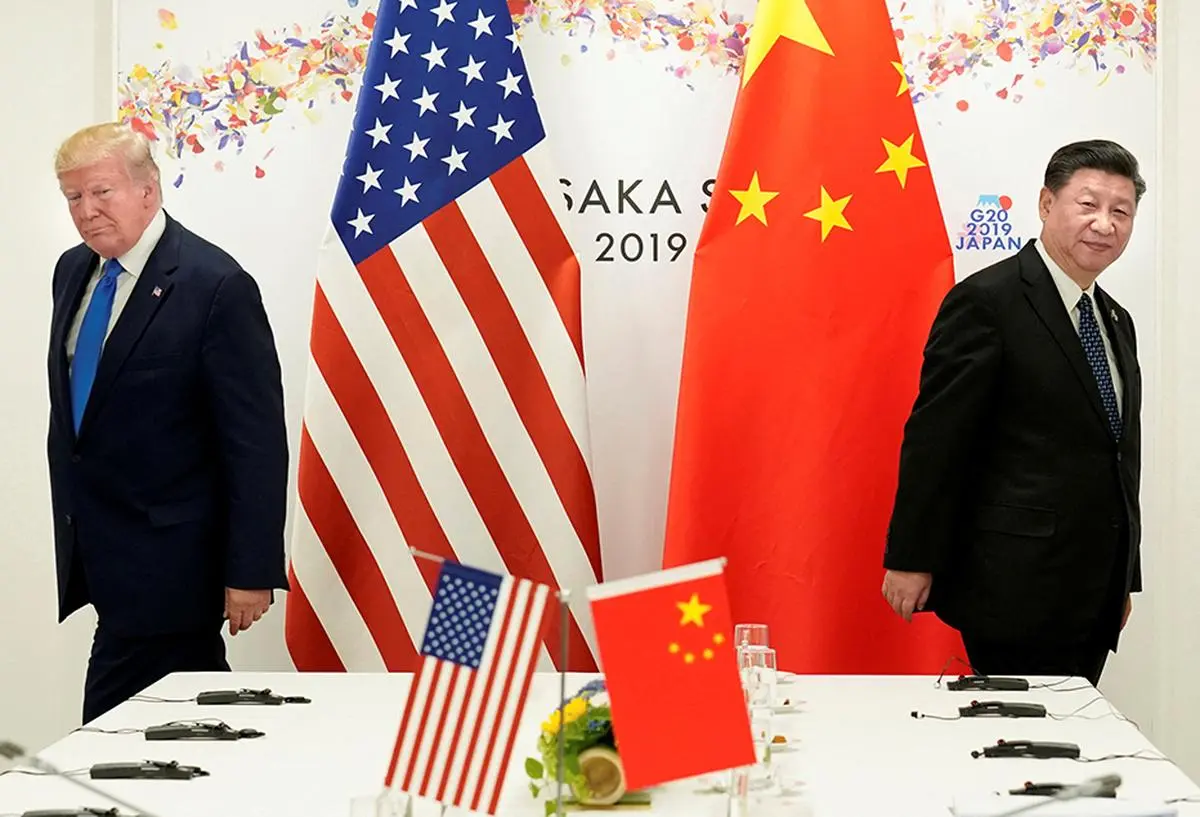
The $500 Billion Deal: A New Era in U.S.-China Tensions
A $500 billion deal marks the end of the U.S.-China bromance, as economic competition and strategic divergence take center stage, reshaping the global landscape
The Atlantic Daily
Get our guide to the day’s biggest news and ideas, delivered to your inbox every weekday and Sunday mornings. See more newsletters
.webp)
Ideas That Matter
Subscribe and support more than 160 years of independent journalism.
Subscribe